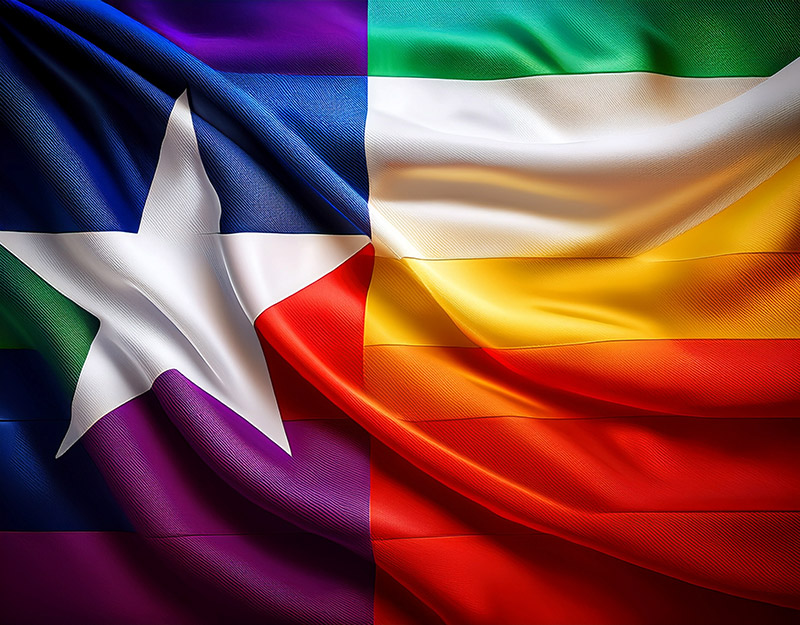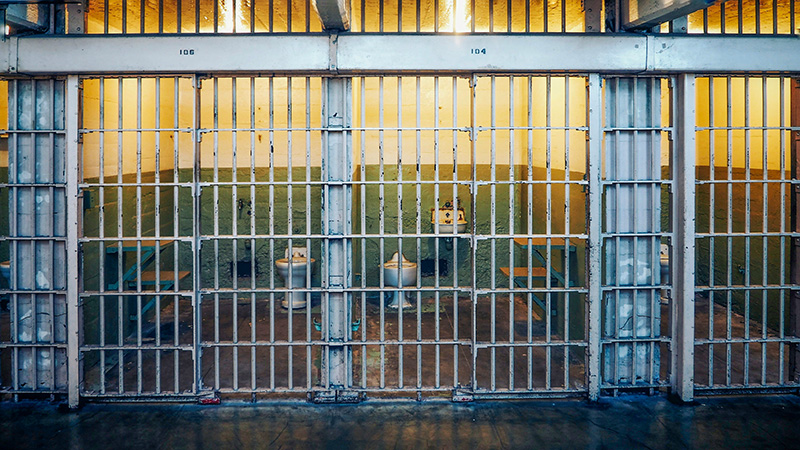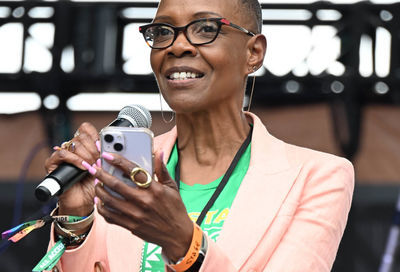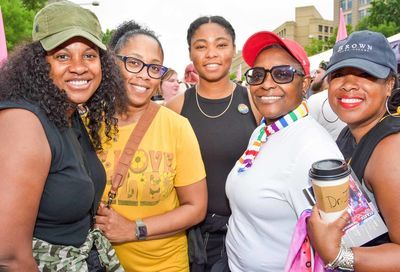Grindr Sends Users In Egypt Warnings About Police Entrapment
Police are posing as possible paramours to arrest and prosecute LGBTQ people under debauchery or anti-prostitution laws.

The gay dating app Grindr has urged its users in Egypt to exercise caution after reports that police are using the app to conduct sting operations and arrest queer men.
While homosexuality is not technically criminalized in the country, courts have convicted people for engaging in same-sex relations under public decency laws, anti-prostitution laws, or laws outlawing “debauchery” or “abnormal sexual relations.”
Penalties for violating such laws include prison time, hard labor, and fines, as well as deportation for individuals who are foreign nationals.
According to PinkNews, at least 150 LGBTQ people have been arrested, beaten, and abused by police officers posing as potential dates, sexual partners, or romantic partners using dating apps and platforms like WhatsApp, Facebook, and Instagram.
Police are also reportedly hacking into legitimate user profiles on the app in order to entrap potential victims.
In response, Grindr released a country-wide announcement condemning the police crackdown and warning users to be careful before arranging to meet others in person.
“Our hearts are with our community in Egypt,” a spokesperson for Grindr told PinkNews. “Grindr is working with groups on the ground to make sure our users have up-to-date information on how to stay safe, and we are pushing international organizations and governments to demand justice and safety for the Egyptian LGBTQ community.”
Other reports from Egypt suggest that police have hired civilian informers to help them “seduce” and entrap LGBTQ people through apps that have not traditionally been considered “gay” apps, like Tinder and Bumble.
One Egyptian, using the pseudonym “Darius,” told PinkNews that they’ve stopped walking in the streets or going out in public alone over fears of being targeted. Darius says they hope to flee the country to avoid such persecution.
“Me and my friends got a voice note that said 28 gay people were arrested by police and then forced to call their friends so they could get arrested, too,” Darius said. “A couple of months ago, one of our friends was found dead. I’m not safe at all.”
Darius also claimed that police are taking LGBTQ people’s phones as “evidence” of crimes and calling their contacts in order to carry out entrapment schemes against those suspected of being queer.
“I don’t leave my house unless someone will take me with a car,” Darius said, noting that they have been informed their name is on a list of people suspected by police of being homosexual. “I’m really worried that if I leave the house, I’m going to get slaughtered like a chicken.”
Another victim, known as Laith, speaking with BBC News as part of a documentary on police crackdowns against the LGBTQ community, said that not only was he entrapped by police using a friend’s phone number to lure him away from his home, but claims that police created a fake profile of him on the WhosHere app and digitally altered his photos to make them look explicit, even writing up a fake conversation that appeared to show him offering sex for money.
Laith claims that police attempted to blackmail him into revealing the names of other LGBTQ people by threatening to charge him based on that fabricated profile and conversations.
He refused and was ultimately sentenced to three months in prison for “habitual debauchery,” a sentence which was eventually reduced to a month.
“[The policeman] said: ‘I can fabricate a whole story about you if you don’t give me names,” Laith said.
Egyptian government authorities have previously boasted of using online surveillance and sting operations to uncover and arrest people taking part in group sex parties or “homosexual gatherings.”
Human Rights Watch, an international human rights advocacy group, has said that many digital platforms are not doing enough to protect LGBTQ people, especially in countries where homosexuality or same-sex activity is criminalized or frequently prosecuted.
Human Rights Watch has previously noted that Egypt is a party to several international human rights treaties that prohibit torture, and prohibit authorities from using evidence obtained under torture.
Under one of those treaties, the International Covenant on Civil and Political Rights, people are supposed to enjoy the right to privacy and freedom from discrimination, both of which are violated when people are prosecuted for private consensual sex acts.
“Online abuses against LGBT people have offline consequences that reverberate throughout their lives and can be detrimental to their livelihood, mental health and safety,” Rasha Younes, a senior researcher for LGBT Rights at Human Rights Watch, told PinkNews. “While digital platforms have enabled LGBT people to express themselves and amplify their voices, they have also become tools for state-sponsored repression.”
Support Metro Weekly’s Journalism
These are challenging times for news organizations. And yet it’s crucial we stay active and provide vital resources and information to both our local readers and the world. So won’t you please take a moment and consider supporting Metro Weekly with a membership? For as little as $5 a month, you can help ensure Metro Weekly magazine and MetroWeekly.com remain free, viable resources as we provide the best, most diverse, culturally-resonant LGBTQ coverage in both the D.C. region and around the world. Memberships come with exclusive perks and discounts, your own personal digital delivery of each week’s magazine (and an archive), access to our Member's Lounge when it launches this fall, and exclusive members-only items like Metro Weekly Membership Mugs and Tote Bags! Check out all our membership levels here and please join us today!




























You must be logged in to post a comment.